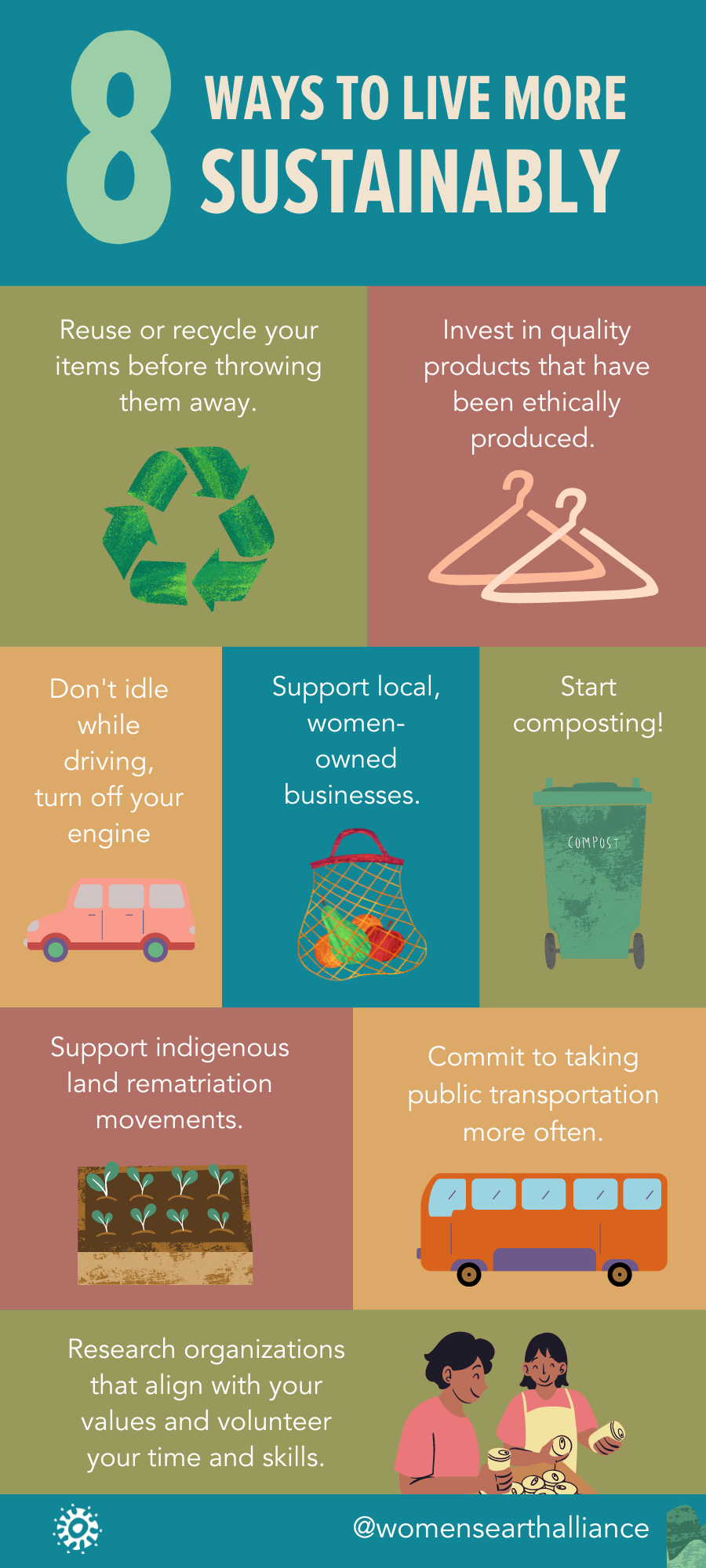8 Ways to Live More Sustainably
by Erika Nakagawa, Programs & Operations Intern
If you’re reading this, you’re probably already interested in finding ways to support women and the earth. Although lifestyle changes can be daunting, becoming an advocate for the earth and joining our movement is not as difficult as you might think. Sustainability does not have to be about achieving perfect zero waste or becoming an extreme minimalist.
Here’s a list of eight tips that anyone in WEA’s community can adopt to protect our environment, end the climate crisis, and ensure a just, thriving world.
1. Reuse
While many of us have heard of the “three Rs,” “reduce, reuse, recycle,” it’s also important to note that the slogan has been intentionally ordered by importance.
Before throwing something away, take a moment to think about how you can find further use for that thing, see if someone else may want it (eBay, Craigslist, your local donation center), or organize a “goods swap” with friends. Then, when you’re finally ready to recycle, think about the best way to dispose of your product.
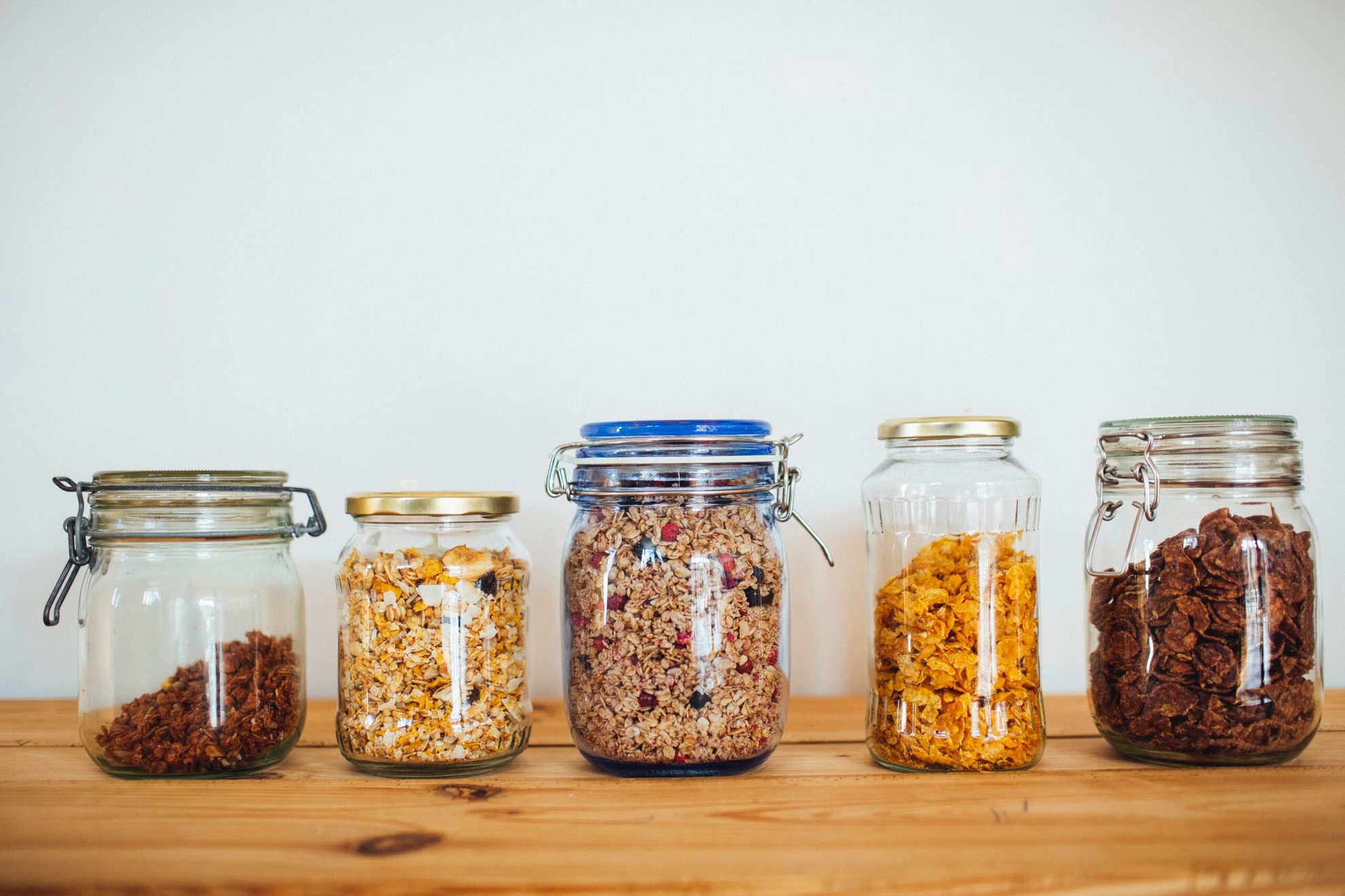
2. Consume Slowly
The fashion industry accounts for 10% of global pollution making it higher than emissions from air travel. With the proliferation of fast fashion and even ultra fast fashion, the culture of consumption has drastically accelerated so that consumers now feel like their clothes are “outdated” even sooner than they had before.
- Instead of adhering to trends that fade away quickly, invest in quality products that have been ethically produced.
- Opt for natural textiles over virgin synthetic materials whenever possible.
- Mend your clothes instead of throwing them in the trash.
- Dye your stained white shirt a new color.
- Reuse your worn t-shirt or socks as cleaning rags.
These slow modes of consumption not only prolong the life cycle and prevent more clothes from ending up in the landfill, they also promote ethical production in a labor industry that is primarily represented by women.
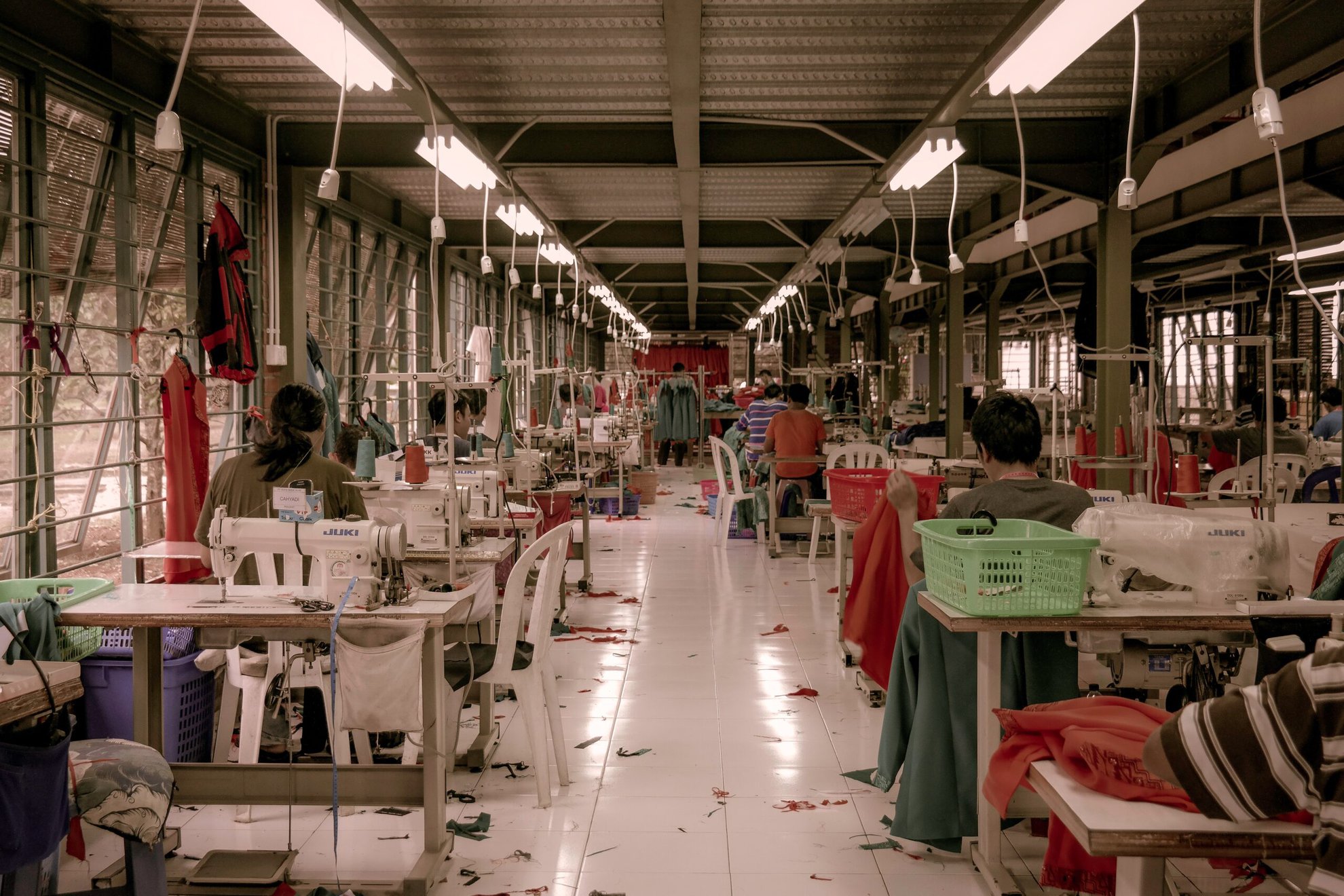
3. Support Local
As you're consuming slowly, support local, women-owned businesses. Restaurants, shops, produce markets, farmers, the list goes on. Supporting local businesses can stimulate the local economy, foster a greater sense of community, and cut carbon emissions from the transportation of goods and services. Supporting women-owned local businesses takes it one step further by encouraging women's economic independence and gender equality in the business sphere. Find out what your local shops have to offer, buy your produce from your local farmers’ market if you can, and support nearby farmers through community supported agriculture (CSA) subscriptions.
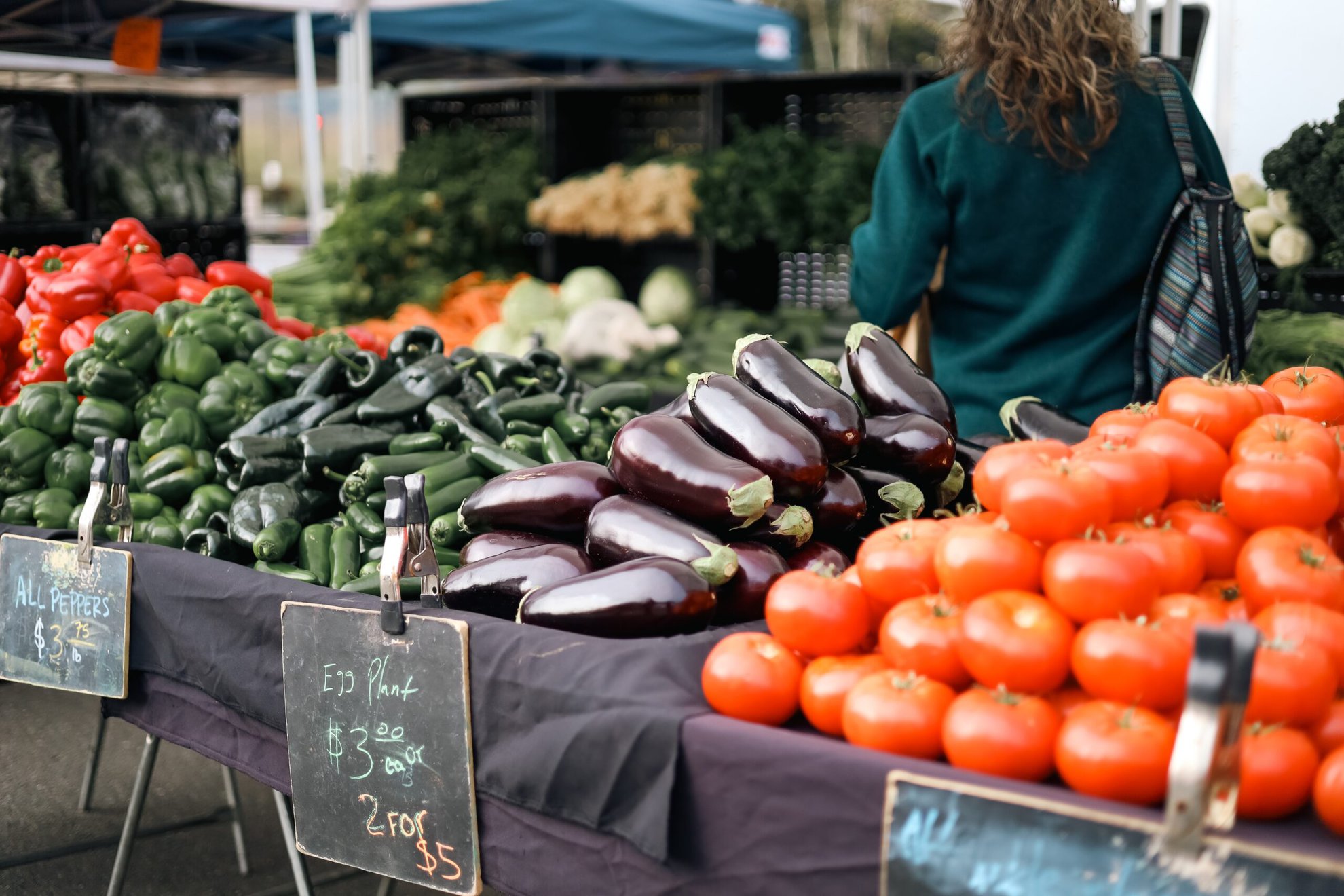
4. Give Your Time
Research organizations that align with your values and offer your time. Whether it’s offering your skills through a virtual program, or a physical restoration of your community park, the possibilities are endless. Not only can you connect with communities, you may also find yourself reconnecting to the land and discover new skills and interests.
Fundraising can also be a fun way to bring your community together. At the next gift-giving holiday, ask your friends and family to donate to a cause you care about or set a fun goal (like a marathon or hiking the Pacific Crest Trail) and ask your friends and family to support you in your cause. Grassroots fundraising can help WEA’s campaigns to support women leaders around the world.
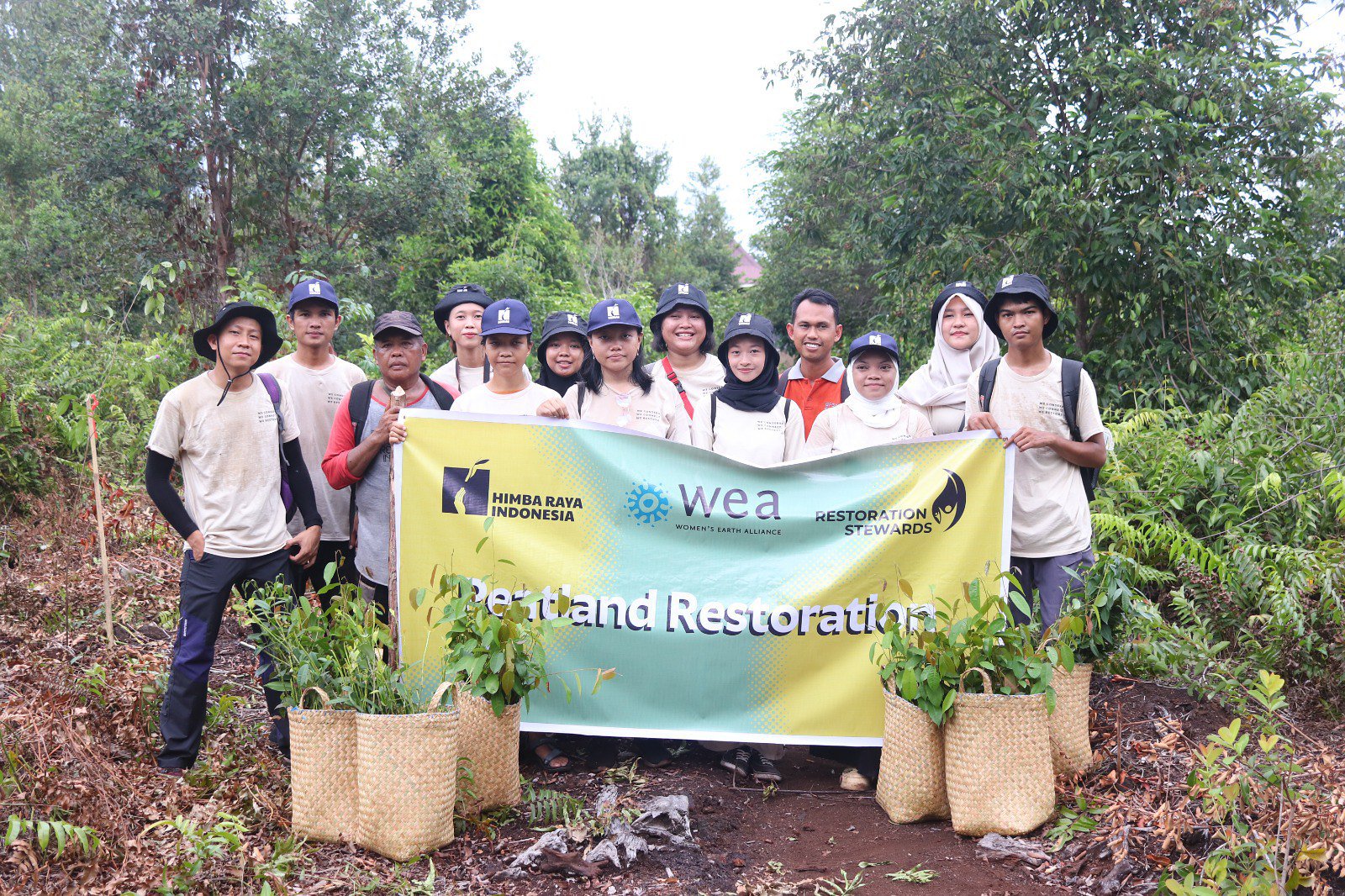
5. Learn
Research whose Indigenous territories you are in and find out how you can support their land rematriation. Acknowledging the original stewards of the area you live in is only the beginning of an important process in working towards climate justice. After finding out who has cared for the land in your area for generations, reach out to those nations or Indigenous-led organizations and ask how you can get involved and support their work.
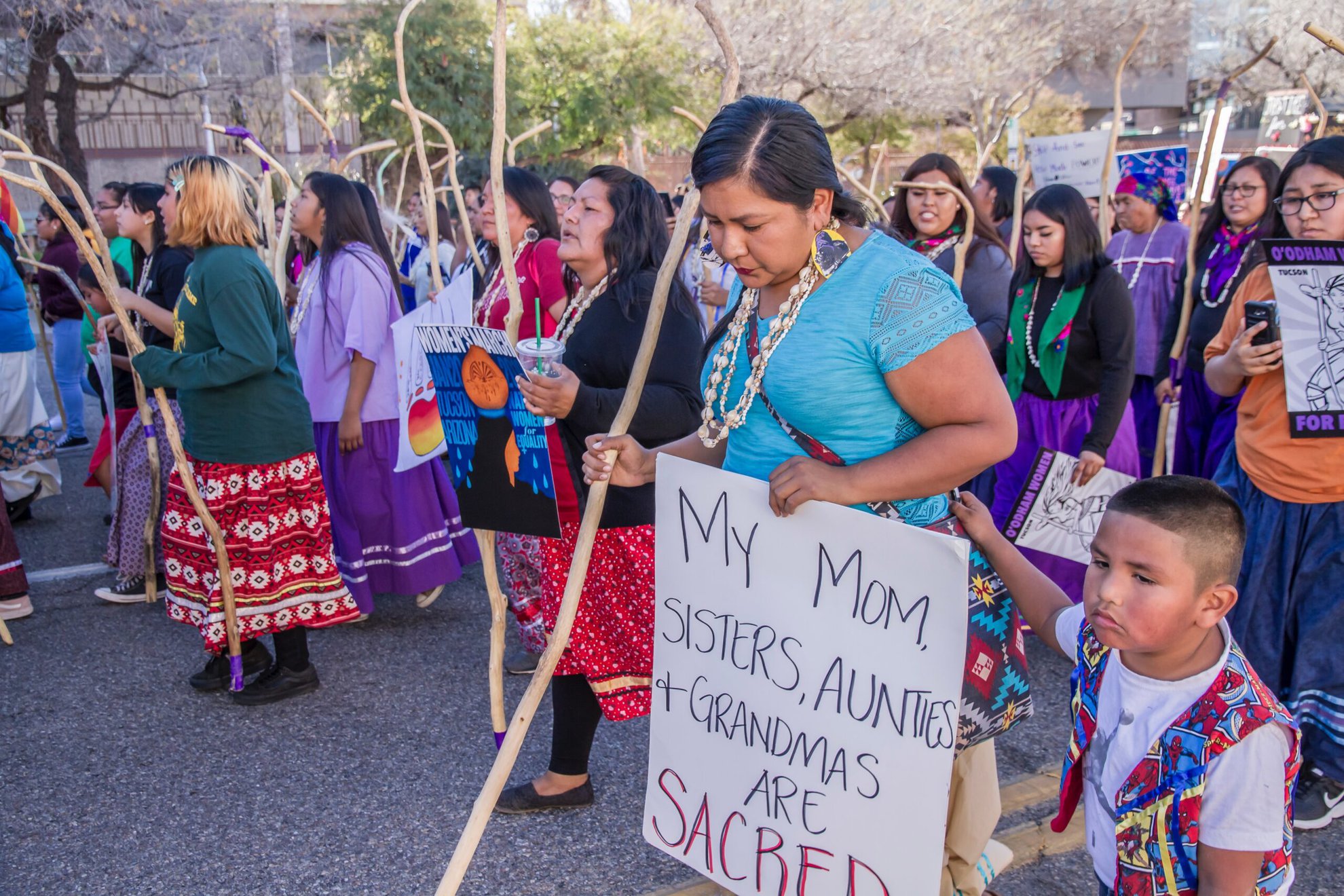
6. Compost
In the U.S., the average American family of four throws out about $150 worth of food per month, which makes up about 28% percent of the waste produced by each household when combined with garden waste. While the best solution to reducing food waste is to consume the food before it goes bad, composting offers a way to recycle the organic matter when consumption is no longer possible. It also diverts waste from landfills which produce greenhouse gasses.
There are many methods of composting with different levels of commitment for any type of household. From using compost bins, to vermicomposting (with worms), to the Bokashi method, each method requires different considerations, but are still possible without access to a yard. Alternatively, neighborhood community programs will collect food waste and many municipal composting programs are growing. If you can’t find any programs nearby, it’s the perfect opportunity to start your own!
To learn more about how to reduce food waste, check out our YouTube channel and see how some of our leaders are doing it through fermentation and permaculture.
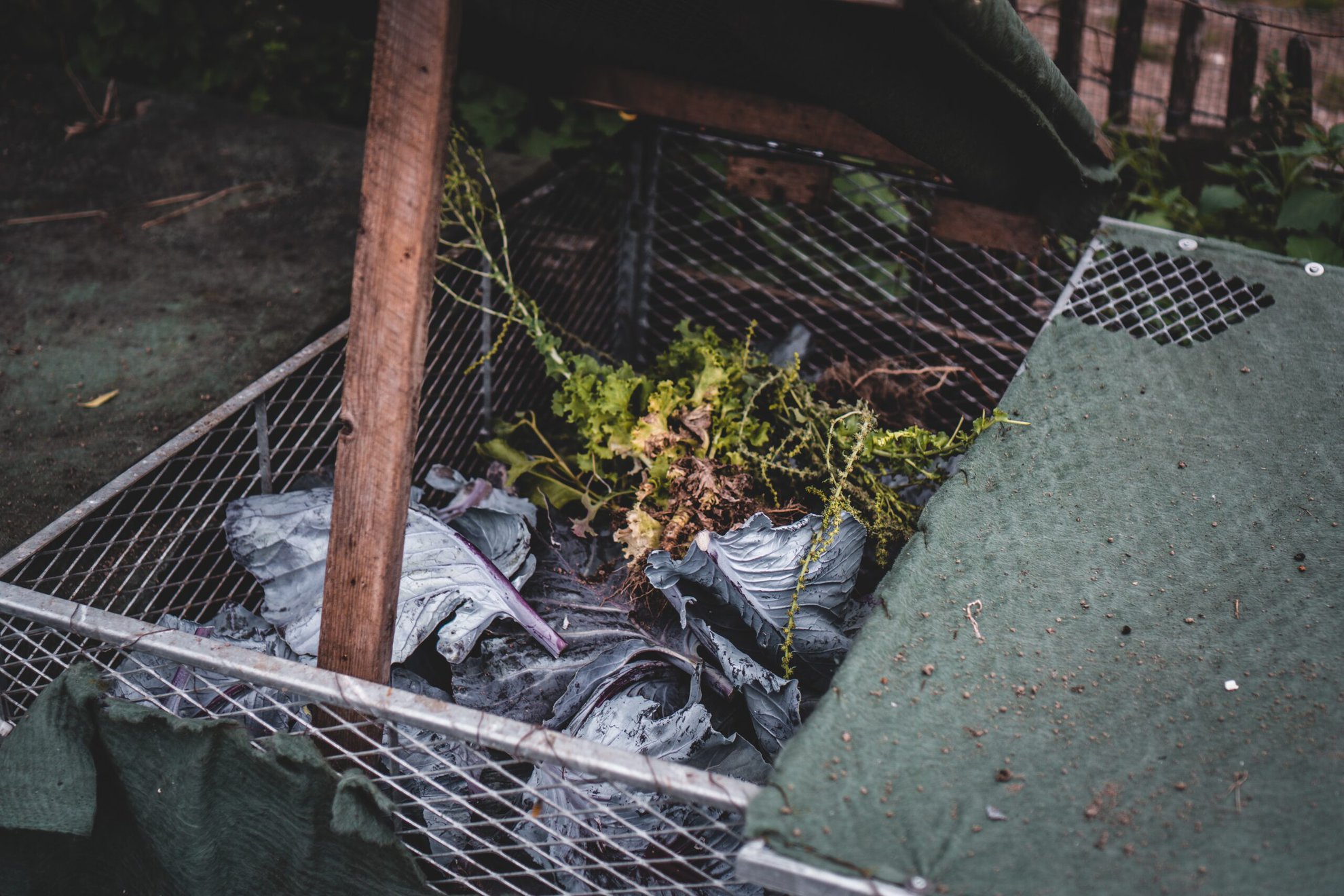
7. Take Public Transportation
Public transportation is often linked to greater equity, improved health, and sustainability, while also greatly improving a city’s urban infrastructure.
By making public transportation more accessible, the need for individual transportation may decrease, potentially opening your neighborhood up to greater possibilities for pedestrians, cyclists, and other public spaces. Find out how your local government is working to improve access to public transportation, commit to taking it as often as possible, and encourage your friends to do the same.

8. Don't Idle while Driving
If you're unable to take public transportation and you’re driving a gas car, more recent models will often give the choice of briefly turning off the engine whenever you’re briefly stopped at a red light or waiting in line instead of idling. This is because studies have shown that if each car in the US idles just six minutes a day, about three billion gallons of fuel is lost annually, costing drivers ten billion dollars or more. Idling longer than ten seconds emits more carbon dioxide and burns more fuel than restarting the engine; instead, remember to turn off your engine.

With all of the climate crisis news in the world, it’s easy to feel helpless and to feel a sense of climate doomism. But as we’ve said before, resilience and action are the antidote. Personal action is just as important as systemic action because it can affect our environment, the people around us, and build confidence in our own resilience against climate change. You have power to shift the current. Join us!
